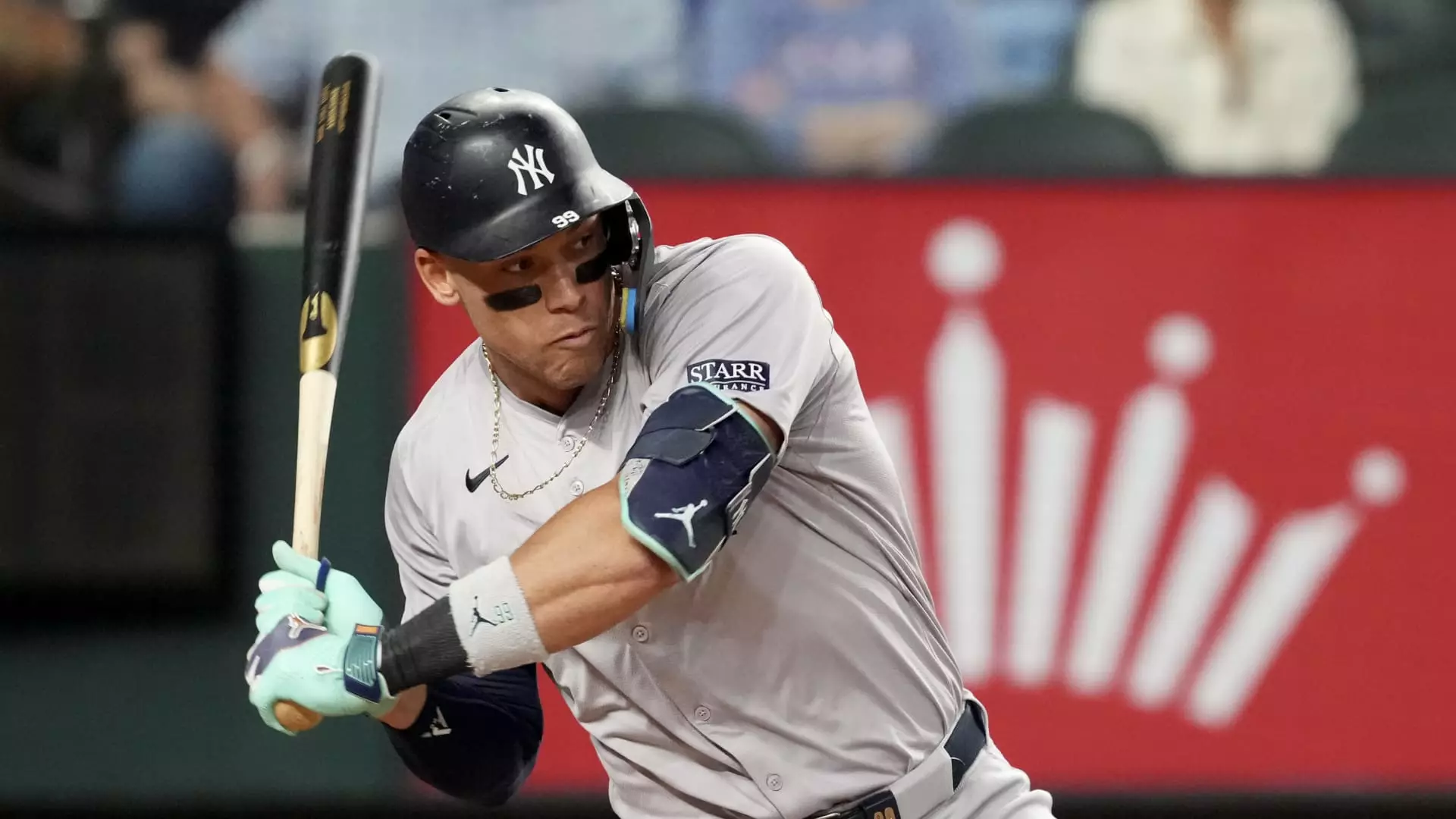The landscape of Major League Baseball has been undergoing significant changes in recent years as Commissioner Rob Manfred emphasized a shift towards a more national focus. While the league has historically been more regional in nature, Manfred believes that expanding the reach of MLB games to a larger audience is crucial for the growth of the sport. With 2,430 games to offer, Manfred highlighted the need for a more national strategy to elevate the league’s presence on a broader scale.
Changing Broadcasting Dynamics
One of the challenges that MLB has faced is the impact of the bankruptcy restructuring of Diamond Sports, a major owner of regional sports networks. Some teams have already moved away from these networks, turning to in-house production and broadcasting of games. This shift underscores the league’s efforts to adapt to changing broadcasting dynamics and ensure that its content reaches a wider audience.
Former MLB great CC Sabathia raised an important point about the need to focus on creating and marketing star starting pitchers within the league. While acknowledging the existing talent like Aaron Judge, Shohei Ohtani, and Juan Soto, Sabathia highlighted the significance of highlighting and promoting star pitchers specifically. As baseball evolves and pitchers throw fewer innings, there is a growing emphasis on preserving the intensity of matchups between elite starters.
Recent rule changes in Major League Baseball have aimed to enhance the overall gameplay experience for fans. From implementing limits on pickoffs to introducing larger bases, these adjustments have led to an increase in stolen bases over the past couple of seasons. The league has also made tweaks to the defensive shift, allowing for more opportunities for hits and showcasing players’ athleticism in the field.
In a concerted effort to diversify its audience, MLB has taken steps to recognize the historical significance of the Negro Leagues by officially incorporating their statistics. Moreover, the league has outlined plans to engage with underserved communities to attract a wider demographic of both players and fans. This inclusive approach demonstrates MLB’s commitment to expanding its reach and embracing the diversity that enriches the sport.
As Major League Baseball navigates through a period of transformation and innovation, the emphasis on nationalization, star pitcher promotion, gameplay evolution, and audience diversification will play pivotal roles in shaping the future of the sport. With a strategic vision and a willingness to adapt to changing dynamics, MLB is poised to continue captivating fans and elevating the game to new heights.

